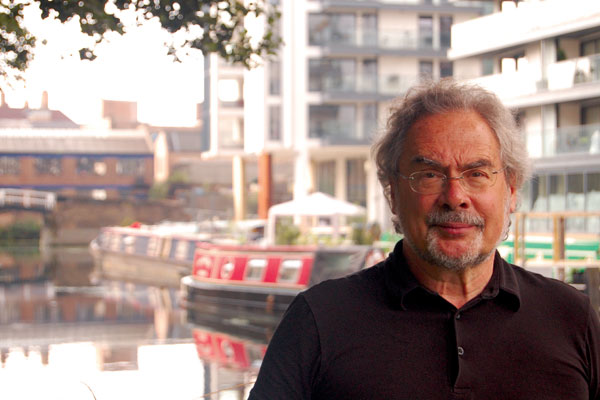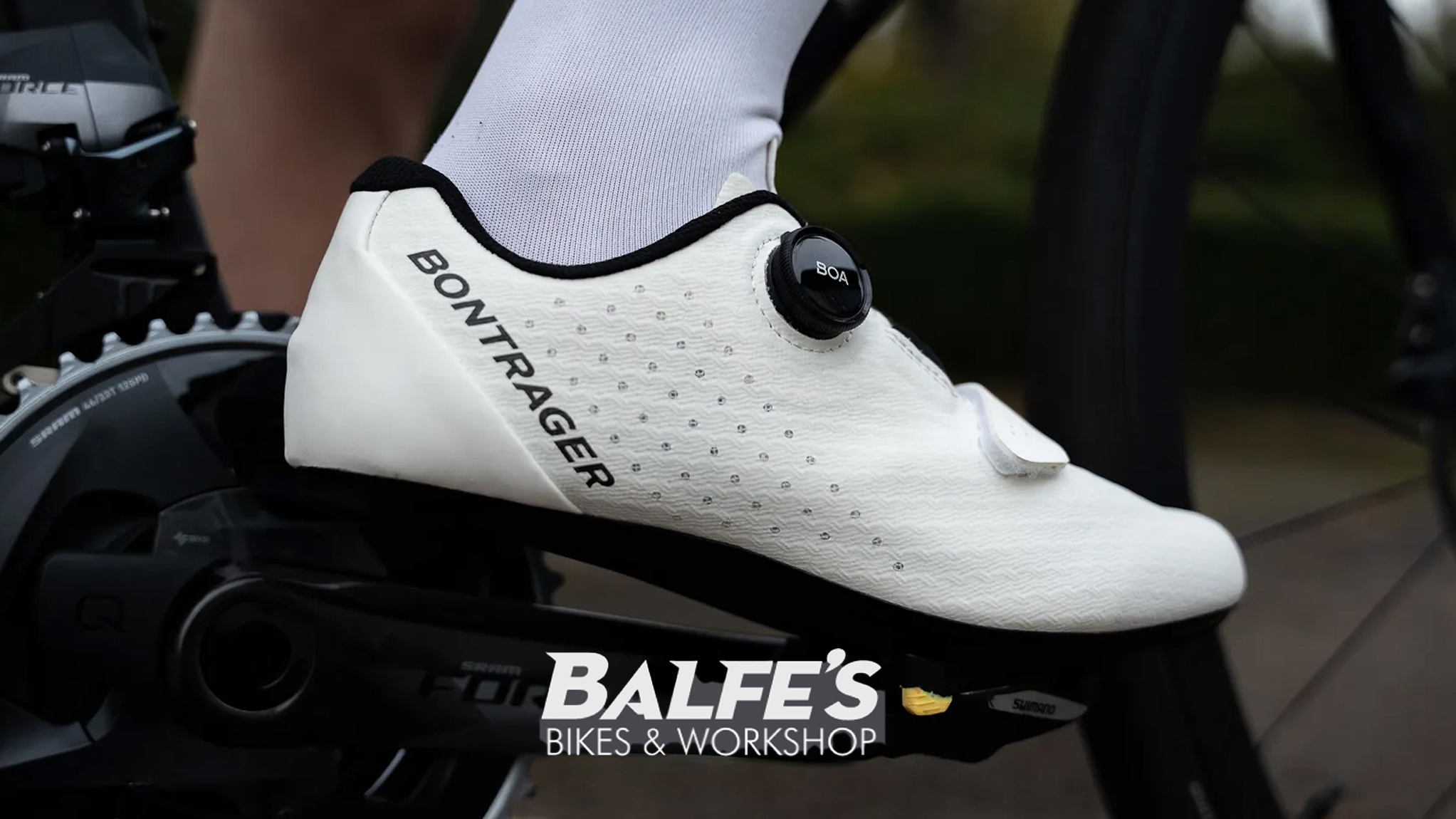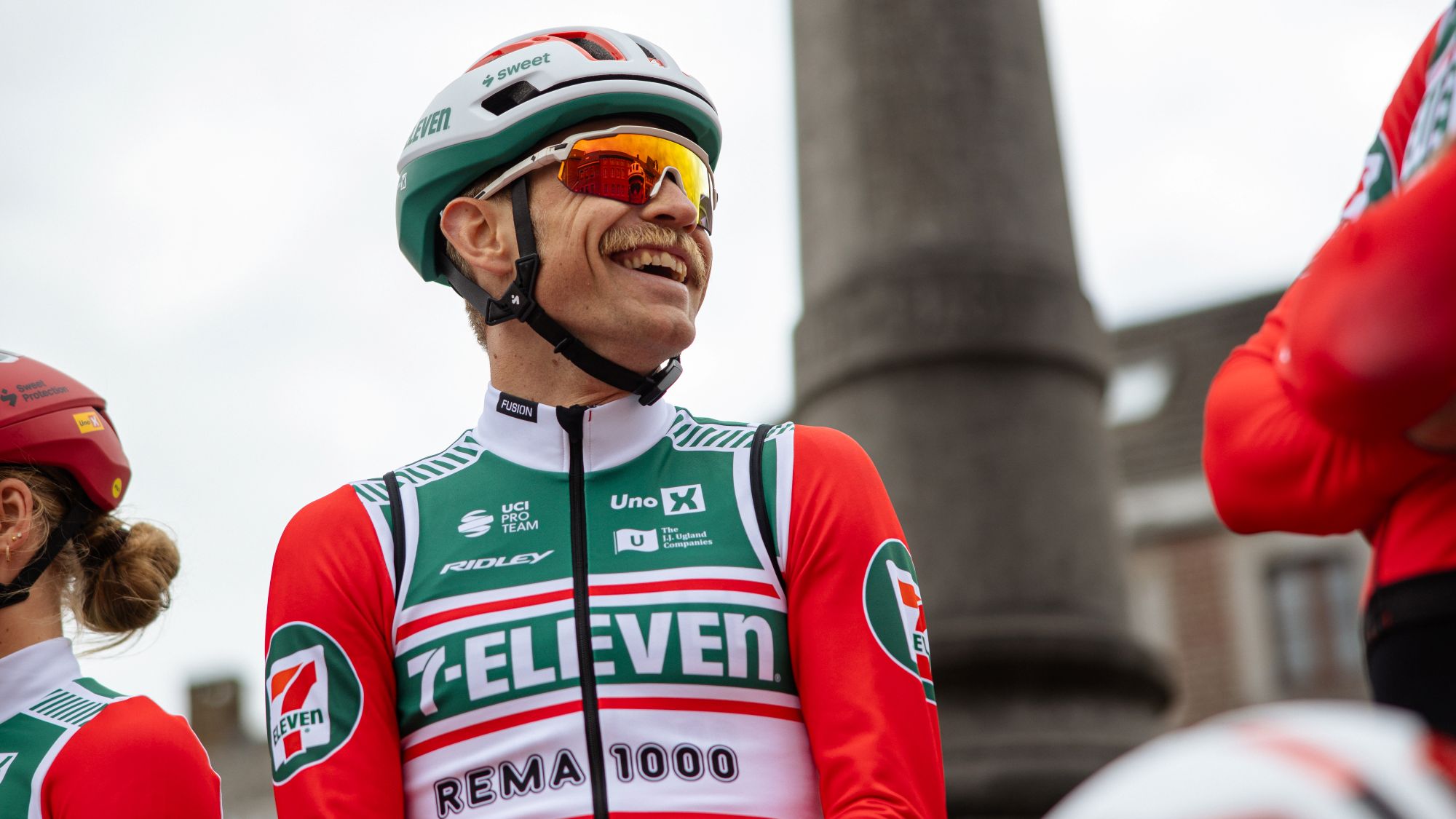Big interview: Professor Phil Goodwin

Professor Phil Goodwin is a man whose retirement took an unexpected turn when he was invited to write the Get Britain Cycling report following the Parliamentary inquiry last year.
Head of transport studies at Oxford University for 16 years, before working at University College London and University of the West of England, he believed long before most of us that, given the choice, people will get out of their cars. Laura Laker visited his East London home to talk cycling.
Tell us about your early career...PG: Most of my work has been what we now refer to as sustainable transport policy, though at the time, that wasn't the buzz phrase (during the 1970s and 1980s). The old idea that you can't change human nature, that people love their cars, that they're going to drive whatever the circumstances; throughout I was saying that's actually not true, you've just got to look beneath the surface.
I suppose in the 1960s and 1970s the dominant planning ethos was that cars are superior to previous transport modes and, the richer people get, the more they want them. That was just coming out of a time when there had been these enormous plans for ringways in London.
How did being a cyclist influence your work?
PG: I've always been a cyclist, not as an act of political ideology, but because it was sensible. I thought cycling was far below walking and public transport, though, in terms of hierarchy and scale of penetration into the market, because everybody does walking and only a small percentage cycle.
I, like many others, somehow found a way of explaining that away; partly by not quite appreciating how big it really is in Holland (I was thinking it's a flat country with an advanced social and cultural tradition). This wasn't a well-judged position. It was very clear to me that the tide had to turn about car use - that was the most important thing that had to be done.
What was the moment you realised cycling had real potential as a mass transport solution?
Get The Leadout Newsletter
The latest race content, interviews, features, reviews and expert buying guides, direct to your inbox!
PG: It was in Paris, at the launch of the Velib [bike hire] system [2007]. The first thing that interested me was the arithmetic. The density of cycle stations, right from the very beginning, was more than the Metro system, pretty much covering the whole area within the Périphérique.
My own presumption was: "Well, of course: if you're going to start a new system I can see logically, that density must be the key to success." My reaction was swift, it was: "Yeah this is big," and I re-thought the whole business regarding the hierarchy, then.
What makes people want to cycle?
PG: One of the main reasons people take up cycling is because of its health benefits, especially the sort of young people who'd be interested in taking part in a sporting activity or going to a gym. But if it doesn't fit in with their lifestyle, and they've got to travel anyway, it makes perfect sense to combine the two. For a significant proportion of the public, the health argument is the decisive one, provided it's reasonably safe and feasible.
It seems that we are still planning for increasing motor traffic and decreasing cycling in the UK. Is this wise?
PG: The proposition that I made my career on was that there's no feasible road-building strategy that could keep pace with the forecast increases in car traffic. In terms of traffic, without any consideration for the environment, health, social wellbeing or the functioning of communities, it's clear there isn't an urban future for ever-increasing car use. You've got to decrease this and enable people to travel by other means.
How did the Get Britain Cycling job happen?
PG: They approached me. Of course, you never know when somebody approaches you, whether you're the fifth person or the 20th. The All Party Parliamentary Cycling Group is a body whose style I like, in that they're serious about evidence but their starting point was one of: ‘What does one need to do to increase cycling as that would be good for transport' rather than: ‘Let's consider whether cycling might be good for transport'.
The six-week inquiry last year threw up a lot of interesting points. Which ones stuck out for you?
PG: One of the most interesting submissions at the inquiry came from Edmund King from the AA, who's a very bright and thoughtful guy, because his argument was that the majority of cyclists are motorists, and this is in everybody's interest, using the clever slogan ‘we're all in this together'.
What, if anything, was missed out?
PG: The thing we catered for less successfully was if the cycling average is rather low, and there are some places that are doing well, you have to have places doing not so well, or with a downward trend. The logic, just simple arithmetic, is you can't have the first two things without having the third, and then the question is: why? That's a gap in our understanding, and quite an important one.
The cities you mentioned at the start of the report as already good for cycling are almost the same places that received recent DfT funding, which was interesting.
PG: I've mixed feelings about demonstration projects because from a government point of view, it's very cheap to give serious amounts of money to six places, where, if you've got the same amount of money to spread across the country it's going to be spread so thinly it's not going to do much good.
What about other good cycling cities?
PG: I was very impressed with Exeter's argument. They said when they applied to be one of these cycling demonstration towns four years ago, the criticism of their application was: "Well yes, but you're too hilly!" They said: "Give us a chance to prove you're wrong." They got the growth and it was very interesting. One of their highest growth rates in cycling was on one of their steepest hills.
Any surprises?
PG: A particularly interesting statement from the inquiry was from Leicester [Andy Salkeld], as they were so explicit, saying: "We were doing the wrong thing trying to provide for ever-increasing car use, we've damaged our own city doing so and now we need to correct the damage."
This article was first published in the January 2 issue of Cycling Weekly. Read Cycling Weekly magazine on the day of release where ever you are in the world International digital edition, UK digital edition. And if you like us, rate us!

Thank you for reading 20 articles this month* Join now for unlimited access
Enjoy your first month for just £1 / $1 / €1
*Read 5 free articles per month without a subscription

Join now for unlimited access
Try first month for just £1 / $1 / €1
-
 Gear up for your best summer of riding – Balfe's Bikes has up to 54% off Bontrager shoes, helmets, lights and much more
Gear up for your best summer of riding – Balfe's Bikes has up to 54% off Bontrager shoes, helmets, lights and much moreSupported It's not just Bontrager, Balfe's has a huge selection of discounted kit from the best cycling brands including Trek, Specialized, Giant and Castelli all with big reductions
By Paul Brett
-
 7-Eleven returns to the peloton for one day only at Liège-Bastogne-Liège
7-Eleven returns to the peloton for one day only at Liège-Bastogne-LiègeUno-X Mobility to rebrand as 7-Eleven for Sunday's Monument to pay tribute to iconic American team from the 1980s
By Tom Thewlis